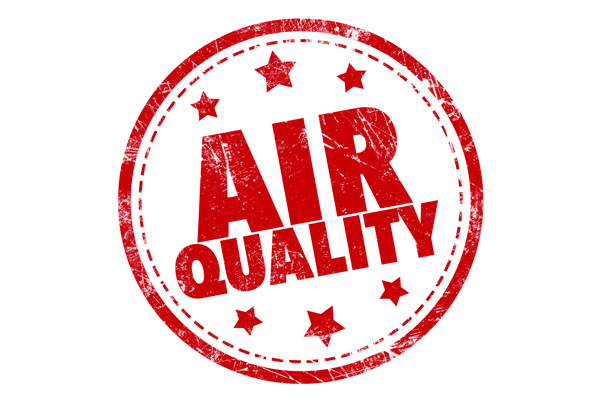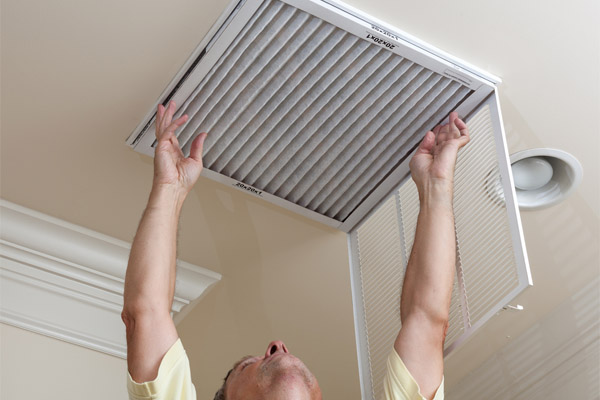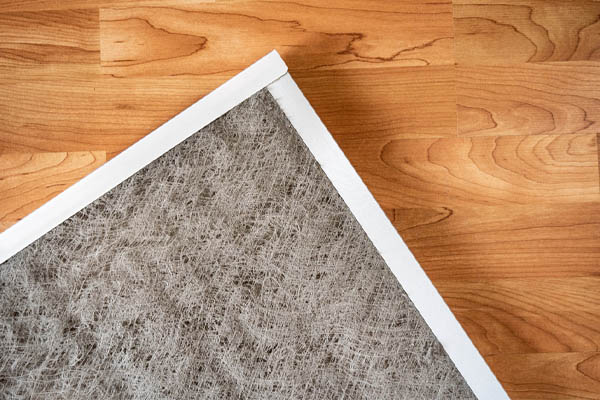Indoor Air Quality
Clearing the Air: Unveiling the Health Risks of Poor Indoor Air Quality
Indoor air quality is often overlooked, yet we spend nearly 90% of our time indoors where air can be 2 to 5 times more polluted than outside. This article explores the profound impact of indoor air quality on health and the importance of maintaining clean air, especially through furnace maintenance, for overall well-being.
Read MoreAir Quality & Calculating the Right Amount of Home Ventilation
Effective ventilation is key for optimal health and energy efficiency in homes. It enhances indoor air quality by filtering out pollutants, managing moisture, and neutralizing odors. Additionally, it helps maintain temperature balance, lessening the need for excessive heating or cooling. This article sheds light on maintaining fresh air flow while conserving energy.
Read MoreKey Differences Between HEPA & MERV Filters
Air filters that work well can enhance the efficiency of HVAC systems and play a critical role in maintaining healthy air quality. By capturing particles such as dust, pollen, pet dander, and other pollutants, air filters prevent them from circulating throughout a building. This article explores the distinctions between HEPA vs MERV air filters.
Read MoreSigns You Need Better Air Quality At Home
Many have a misconception that air pollution only exists outdoors. However, indoor air quality may be just as bad or even worse, impacting your family’s health. Keep reading to explore unmistakable signs of air quality problems at home. We also share some practical solutions to help combat and prevent these issues.
Read MoreWhat Is The Difference Between A Portable & Whole Home Air Filtration System?
Indoor air pollutants are often tiny and undetectable to the naked eye. Therefore, homeowners must remember to maintain their indoor air quality. One way to accomplish this is by researching realistic solutions for their air quality problems, such as portable or whole home air filtration. Each option has weaknesses and strengths. Click the link to read more.
Read MoreWhy Is My House So Humid?
When it comes to being comfortable in your home, the temperature is not the only consideration. Humidity levels are important, too. When there is too much moisture in the air, many start feeling uncomfortable. In this article, we discuss some of the reasons for high humidity and offer some solutions to the problem.
Read MoreHumidity: The Advantages Of Using A Whole-House Dehumidifier
Summer’s hot and humid air conditions are ideal for mildew growth. Unfortunately, mildew causes respiratory problems such as asthma and wheezing when it grows in a house. Additionally, mildew leaves unsightly stains on surfaces. As a result, as summer approaches, you should take steps to protect your house against mildew and bad air quality.
Read MoreWhat Is A MERV Rating?
Unwanted air particles might be too small for our eyes to see, but we can definitely feel the negative impact they bring. If you are concerned about your home’s air quality, be sure to perform regular HVAC filter replacements. Get filters with a good MERV rating that are compatible with your system.
Read More9 Ways You Can Improve Indoor Air Quality During Winter
If you cannot imagine spending time outdoors in winter, imagine being indoors and still having issues with comfort. This is usually the case if the indoor air quality (IAQ) inside your home is worse than the air outdoors. This article discusses how winter IAQ affects our health and how to ensure a healthy indoor environment.
Read MoreTips On Improving Indoor Air Quality For Asthmatics
The AAFA states that most individuals in the U.S. are exposed to substances that trigger asthma on a daily basis. Even though it may not be realistic to eliminate those triggers entirely, they can be reduced in various ways. In this article, we will discuss some ways to improve your indoor air quality.
Read More









